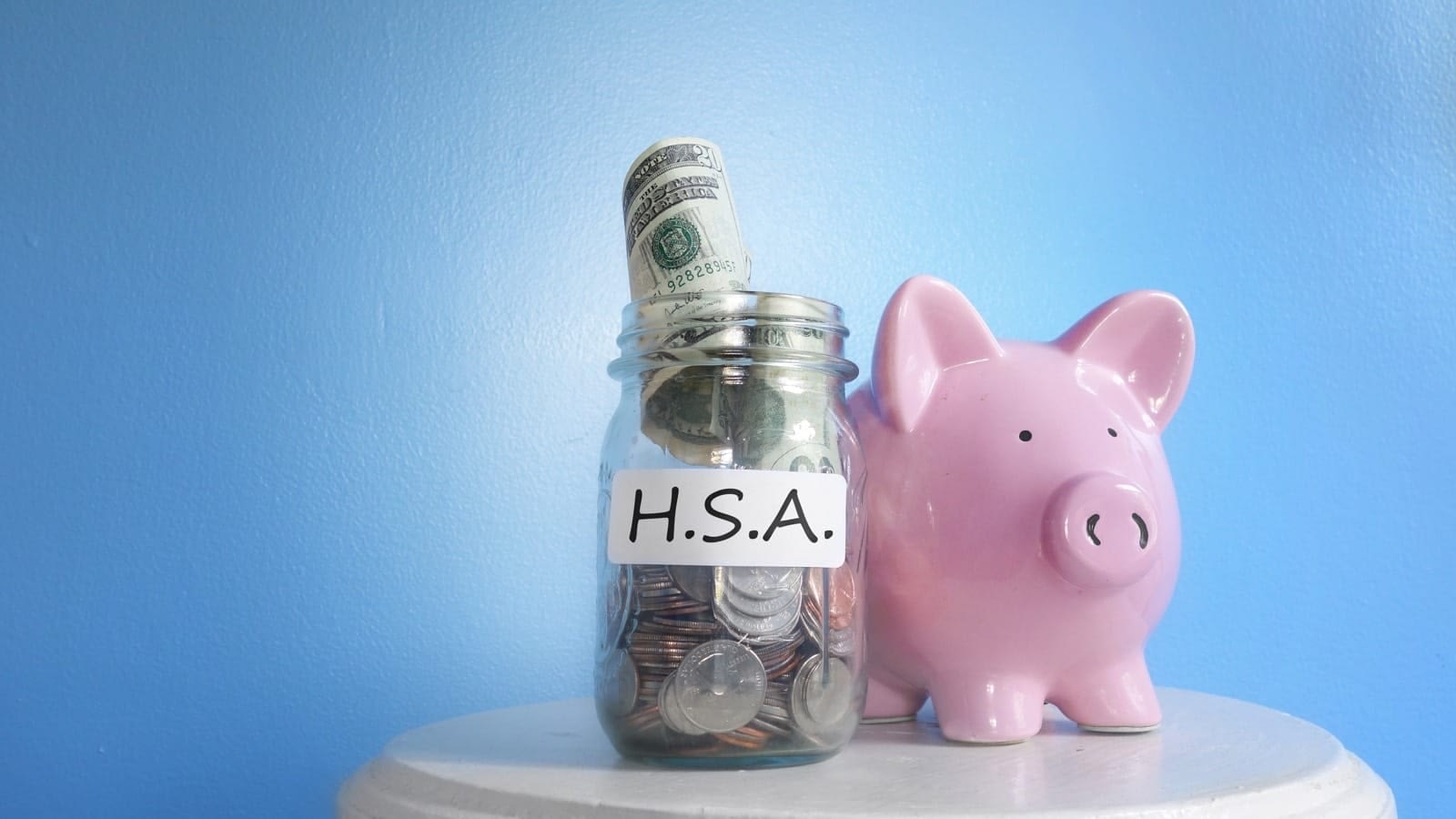Many employers today are offering health savings accounts (HSAs) or flexible spending accounts (FSAs) to employees. Both types of plans allow for tax-free contributions to cover qualifying medical expenses, as detailed by the IRS. A critical difference between the two plans is you keep the funds in an HSA if you leave your job, but you lose the funds with an FSA.
What Is A Health Savings Account?
A health savings account (HSA) is a type of account in which you are allowed to set aside money on a pre-tax basis for qualified medical expenses. You can use tax-free dollars in an HSA for copays, deductibles, coinsurance, and other medical expenses to help lower overall health costs. Contributions to this type of plan are only allowed with a High-Deductible Health Plan (HDHP), which covers only preventative services before the deductible is met. In 2020, the minimum deductible for an HDHP is $1,400 for an individual and $2,800 for a family. Maximum contributions to an HSA in 2020 are $3,550 for an individual and $7,100 for a family.
What Are Your Options For Your HSA When You Leave Your Job?
One major advantage of an HSA is that it belongs to you and you alone. It is yours to keep, whether you are terminated, resign, change positions, or retire. You can keep your health savings account and all the money in it, including any contributions from your employer. You can use it for COBRA premiums, other health insurance premiums if you are receiving unemployment benefits or purchasing long-term care insurance.
Some people invest their HSA funds in stocks, bonds, or interest-bearing accounts and allow the gains from these investments to grow tax-free from year to year. They save their receipts for medical expenses paid from other funds. If they need money in the future, they can withdraw reimbursement for the total spent out of pocket on medical expenses during the time the HSA existed. The funds withdrawn are not taxed, as they can be used to reimburse you for money already spent on qualifying medical expenses.
What Is A Flexible Spending Account?
A flexible spending account (FSA) is also known as a flexible spending arrangement. Like an HSA, it is a savings account you can put money into, tax-free, for certain out-of-pocket healthcare expenses. Your employer makes contributions to your FSA, but you are not required to do so. To use an FSA, you must submit a claim through your employer with proof of a medical expense that was not covered by your health plan.
What Happens To Your FSA When Your Employment Ends?
Unused money left in an FSA after you leave your job goes to your employer unless you are eligible for COBRA continuation. However, FSA funds cannot be used to pay for COBRA health insurance premiums or other health insurance premiums. If you are planning to leave your job, it makes sense to use your FSA funds before you go. Consult with our friendly agent if you need more information about your HSA or FSA.
Article originally posted on www.insuranceneighbor.com(opens in new tab)


